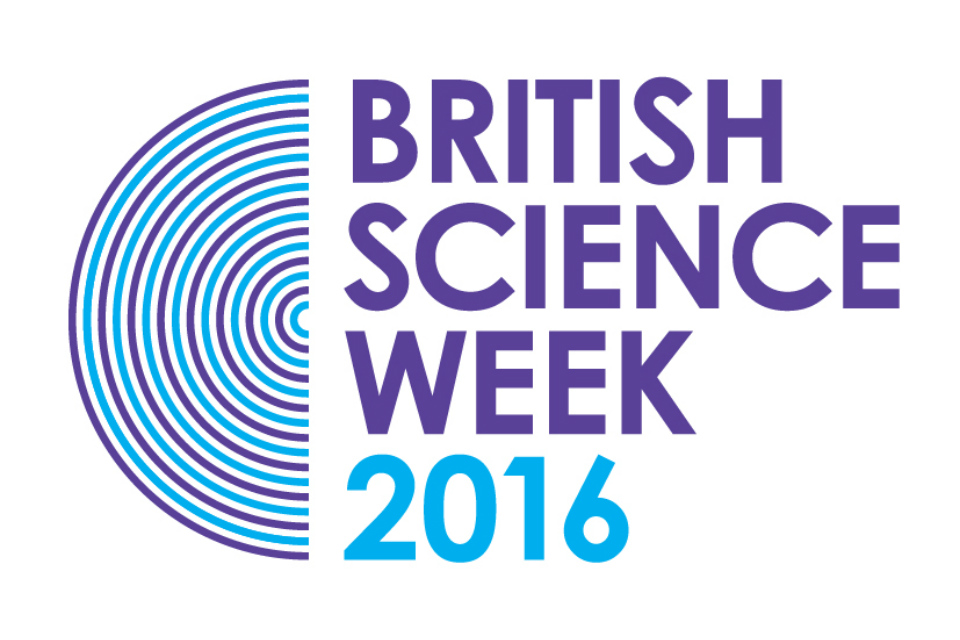British Science Week: showcasing uses of genomics in healthcare
George Freeman encourages people to get involved with British Science Week to see how scientists are transforming possibilities of healthcare.

Whether it is the invention of the car, the plane or sending the first man to the moon, science has changed the world we live in, profoundly affecting all of our lives. With British Science Week starting today, many people may ask: what could be the ‘moonshot moment’ of our age?
I believe the answer is genomics, the future of medicine set to transform the possibilities of healthcare.
That’s why I’m delighted that British Science Week will allow more people to see the potential of this amazing new science. It is one of the great privileges of my job to get to meet scientists and researchers discovering new areas of human knowledge up and down the country. And this week the opportunity to witness scientific history in the making is open to everyone.
As part of British Science Week, visitors will be able to go behind the scenes of many hospital labs and scientific facilities and find out the role they play in providing world-class patient care and treatment.
The range of opportunities through British Science Week demonstrates the breadth of the UK’s strength in life sciences and medical research. This week visitors will be able to see some of the cutting-edge research going on in NHS England’s Genomic Medicine Centres: in Cambridge with the team at Addenbrooke’s Hospital; in Manchester with specialists at Saint Mary’s Hospital; and in Exeter at the Royal Devon and Exeter Hospital.
It is all part of the government’s landmark 100,000 Genomes Project, a project I helped launch with the Prime Minister in the last Parliament, and am now driving forward in government as the first ever Minister for Life Sciences. I believe we have the chance to make the UK the innovation nation of the 21st-century, leading the world in the genomic revolution and laying the foundations for a personalised medicine service across the NHS.
Indeed, we have already made significant progress, with record investment. Over half a billion pounds has already been injected into the 100,000 Genomes Project to ensure that NHS patients continue to benefit from the prospect of better diagnosis and better treatments.
But we must continue to harness the spirit of John F Kennedy and be bold. By sequencing DNA on an unprecedented scale, we are making sure NHS patients are the first to get access to new treatments.
That’s why I was delighted to give the keynote speech at the London Festival of Genomics recently. This was a fantastic celebration of the UK as a world leader in the field and where I was also able to announce that the first cancer patients are now being recruited onto the main phase of the 100,000 Genomes Project.
This is a significant milestone. It will help to unlock our understanding of the causes of this devastating condition and enable more targeted treatment for thousands of NHS patients across the UK.
I believe the next year will be crucial in continuing to make sure the UK leads the way in the genomic revolution. With the resources of our NHS, the work of our great medical research charities as the voice of patients, and the pioneering research of our scientists, we can cement our place as not only the best in the world for genomics, but the best in the world for life sciences.
If you have time this week, get involved in British Science Week and see for yourself how our world-class scientists are transforming the possibilities of healthcare. This is our ‘moonshot moment’, a ‘new frontier’ that will change all of our lives. It is history in the making. Be part of it this week.